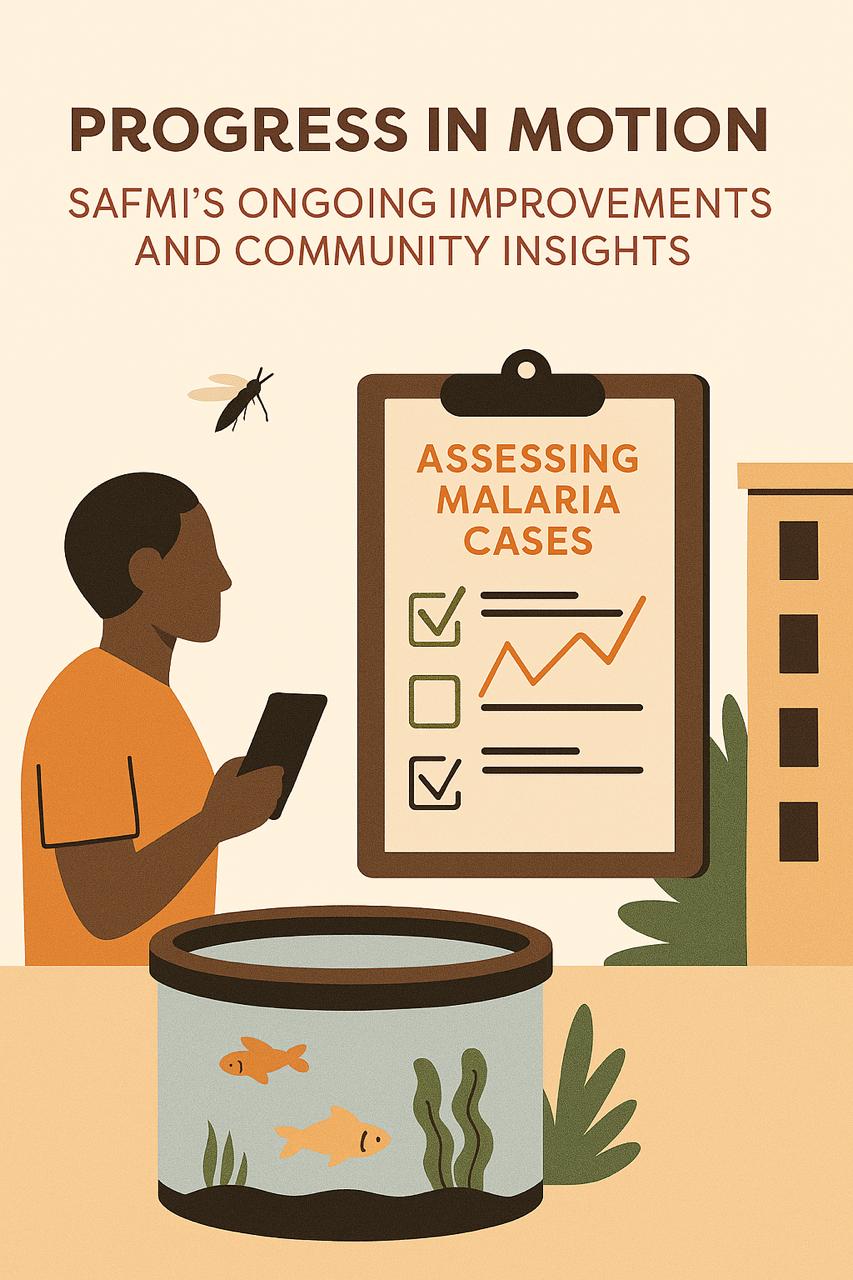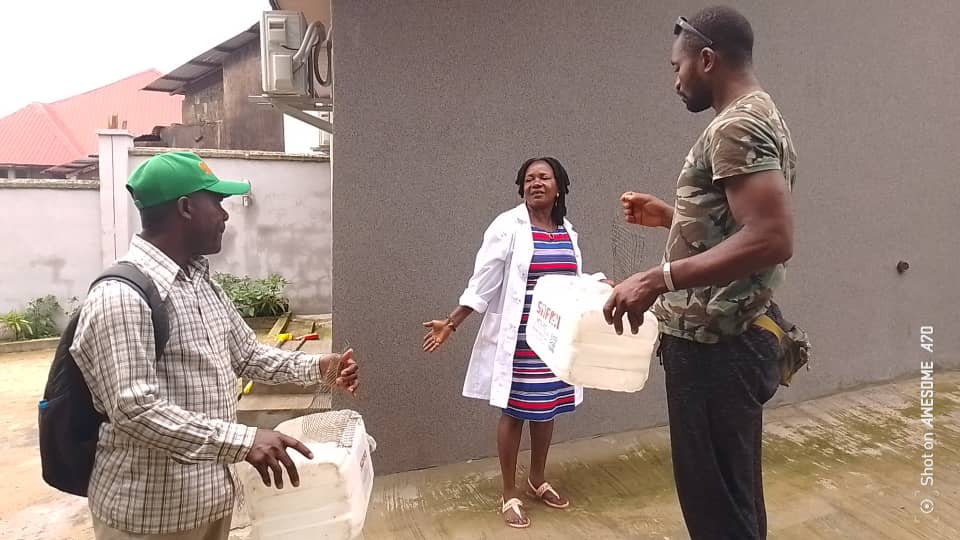On November 15, 2024, the Institute of Public Administration and Management (IPAM) at the University of Sierra Leone hosted a landmark public lecture that reframed the conversation around malaria, positioning it as a catalyst for innovation rather than merely a public health crisis. Organized in partnership with the Anti-Glossophobia Academy, the event featured the Chief Executive Officer of the Save Africa From Malaria Infections (SAFMI) Foundation, Dr. Artem Volchenko, who urged young entrepreneurs to rethink their approach to one of Africa’s most persistent health challenges.
Addressing a packed hall of students and faculty, Dr. Volchenko highlighted that malaria continues to disrupt critical sectors, including agriculture, education, and tourism. These disruptions deter foreign investment and place a heavy economic burden on entire communities. But the SAFMI CEO encouraged shifting perspectives, suggesting that entrepreneurs can transform such challenges into opportunities. Through forging partnerships with governments, NGOs, and private investors, young innovators could launch ventures to deliver affordable health technologies, improve access to treatment, and bolster prevention strategies.
The IPAM Students Union President, Mr. Mohamed S. Bangura, thanked SAFMI for choosing IPAM as a platform for this discourse. As he noted, the university’s entrepreneurial ethos provides fertile ground for nurturing creative problem-solving. The event’s theme, “The Economic Commercialization of Malaria Treatment in the 21st Century,” resonated with an audience eager to find viable business models in sectors traditionally perceived as purely philanthropic or medical.
A highlight of the lecture was SAFMI’s proven use of the Gambusia fish, which effectively curb mosquito populations by feeding on larvae. This ecological solution exemplifies the kind of innovation Dr. Volchenko champions—merging science, entrepreneurship, and social impact to create sustainable health interventions.
By seeing malaria through this new lens, future entrepreneurs can build businesses that simultaneously generate wealth and uplift communities, forging a legacy that extends well beyond the borders of Sierra Leone and into the heart of the African continent.


.png)

